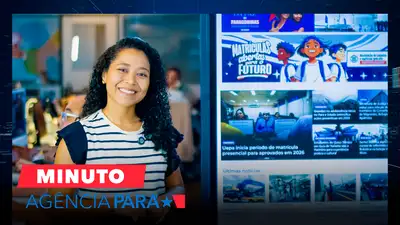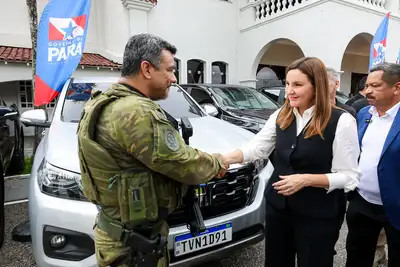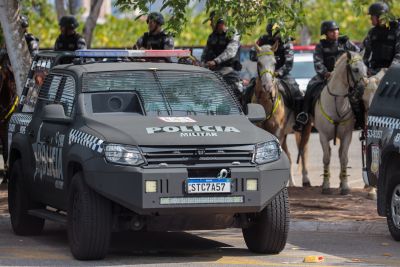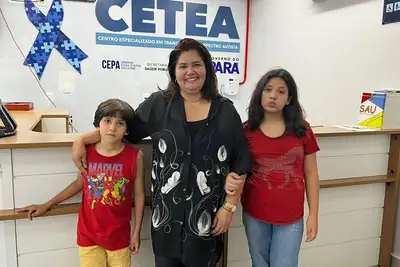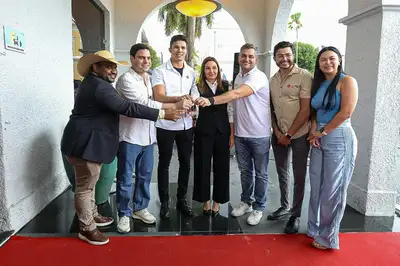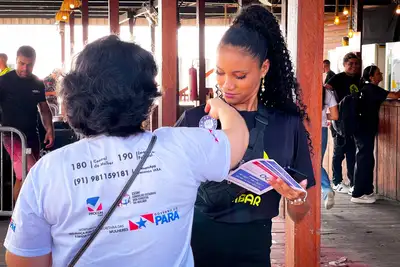State Conference of Cities concludes with the presentation of 20 public policy proposals
The selected solutions for the national stage encompass all axes of the event, as well as social and sustainability aspects
The 7th edition of the State Conference of Cities of Pará concluded this Thursday (14) with the selection of 20 urban policy proposals, which will be taken to the national stage of the event, aiming at the formulation of the National Urban Development Policy (PNDU). The proposals ensure the representation of Pará's demands in the national urban policy agenda.
The head of the State Secretariat for Cities and Regional Integration (Secir), Fernanda Paes, who also presides over the State Council of Cities (ConCidades), spoke about the decision-making process. "It was three days of intense debate, in a democratic manner and with broad popular participation, where the proposal notebooks from the Municipal Conferences were analyzed across six thematic axes. Today, the last day, we had the voting process, in which the civil society represented, along with the present public authority, managed to elect the 20 proposals that will go to the National stage," she informed.
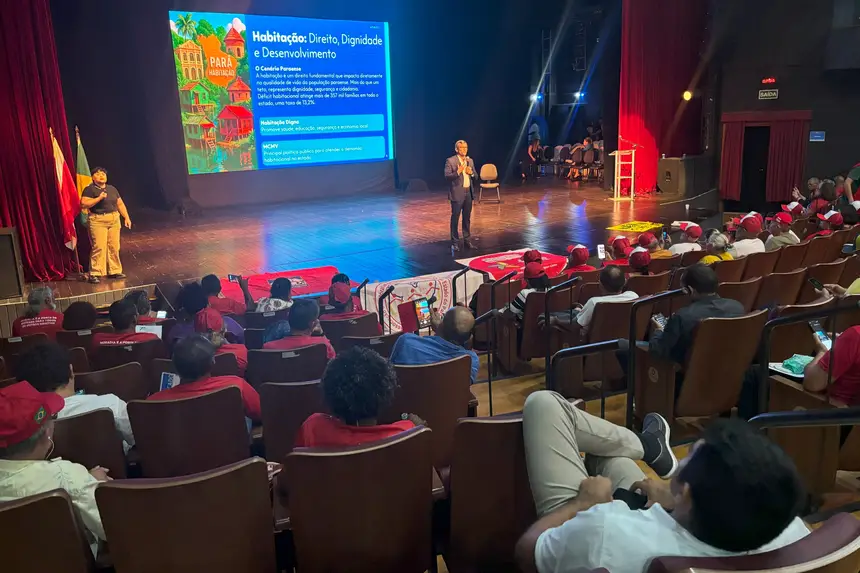
The proposals were chosen from 31 pre-selected the day before, when the participants of the State Conference gathered in six Working Groups (GTs) to evaluate the suggestions presented by more than 100 municipalities from the interior of Pará, elaborated in local conferences. Municipalities with less than 100,000 inhabitants could submit up to four proposals each. Those with more than 100,000 inhabitants contributed eight proposals, while Belém presented 12 public policy suggestions.
Content - The GTs were held within the following themes: sanitation, urban mobility, housing and land regularization, digital transformation and territory, environmental sustainability and climate transition, and democratic participation.
"It was an intense process, with a lot of discussion, debate, and appreciation. We would like to take all the proposals to the National Council because we consider that all are important. However, we need to filter and choose 20. But I consider this a historic, victorious conference that will ensure that Pará benefits from policies compatible with our needs," emphasized the executive secretary of ConCidades of Pará, Antônio Kether.
Among the proposals approved for the national stage of the Council, in the Housing axis, is the requirement that projects aimed at housing follow principles of environmental sustainability, with conscious use of water, proper treatment and disposal of sewage and solid waste, utilizing renewable energies, respecting permanent preservation areas (APP), and encompassing all traditional peoples and communities, with the creation of specific financing lines.
Another proposal, in the Urban Mobility axis, approved for the national stage, was the construction of a Unified Mobility System (SUM) to integrate and organize mobility policies throughout Brazil, aiming to promote coordination among different transport modes, enhance management efficiency, and ensure universal and inclusive access to mobility. The proposals not covered in this Conference were forwarded for consideration by the State Executive.
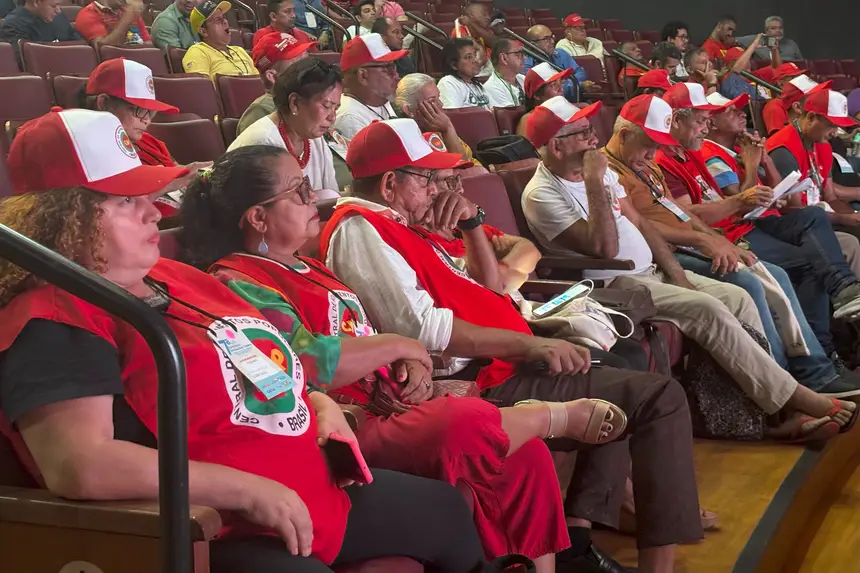
Reality - State councilor Paulo Cohen, representing civil society through the Central of Popular Movements (CMP), emphasized that "there is no construction of public policy for a country without the participation of organized civil society. Popular participation brings the reality of the people into the construction of policies. And, at this moment, especially, we are building a moment where listening and deliberations involve the participation of all."
The day also featured a lecture by the executive superintendent of Housing at Caixa Econômica Federal, Sandro Machado, who presented data and instructions to expand and simplify access, in Pará, to the Minha Casa, Minha Vida Program - one of the national public policies that emerged from the participatory and democratic process in the Conferences of Cities.
"We talked about all branches of Minha Casa, Minha Vida (MCMV), both subsidized and financed, and we provided an accountability of everything we have contracted in the Program, since its resumption in 2023, until now. The MCMV is the main housing program in the country. It is important to combat the housing deficit, which is high here in Pará. Without this program, we cannot overcome and support the most vulnerable part of the population. Furthermore, it is a program that depends on multiple agents - we need the public authority, entities, and qualified technical support. For this, I perceive that we do not have qualified people to submit proposals, so we can reach contracting. That is why I came here with the aim of awakening everyone's curiosity, so that more proposals are presented and we can combat this housing deficit," emphasized Sandro Machado.
Partnerships - With the theme "Paths to more inclusive, democratic, and sustainable cities with social justice," the State Conference was held by the State Secretariat for Cities and Regional Integration (Secir), through the State Council of Cities of Pará (ConCidades-PA), an advisory and deliberative body that integrates the Secretariat, with sponsorship from Caixa Econômica Federal and support from the Ministry of Cities and the City Hall of Belém.
The approved proposals from Pará will be presented at the 6th National Conference of Cities, which will be held in the first half of October this year, in Brasília (DF). Along with the other proposals from the 27 entities of the Federation, these collectively constructed ideas will result in the development of the National Urban Development Policy (PNDU).




